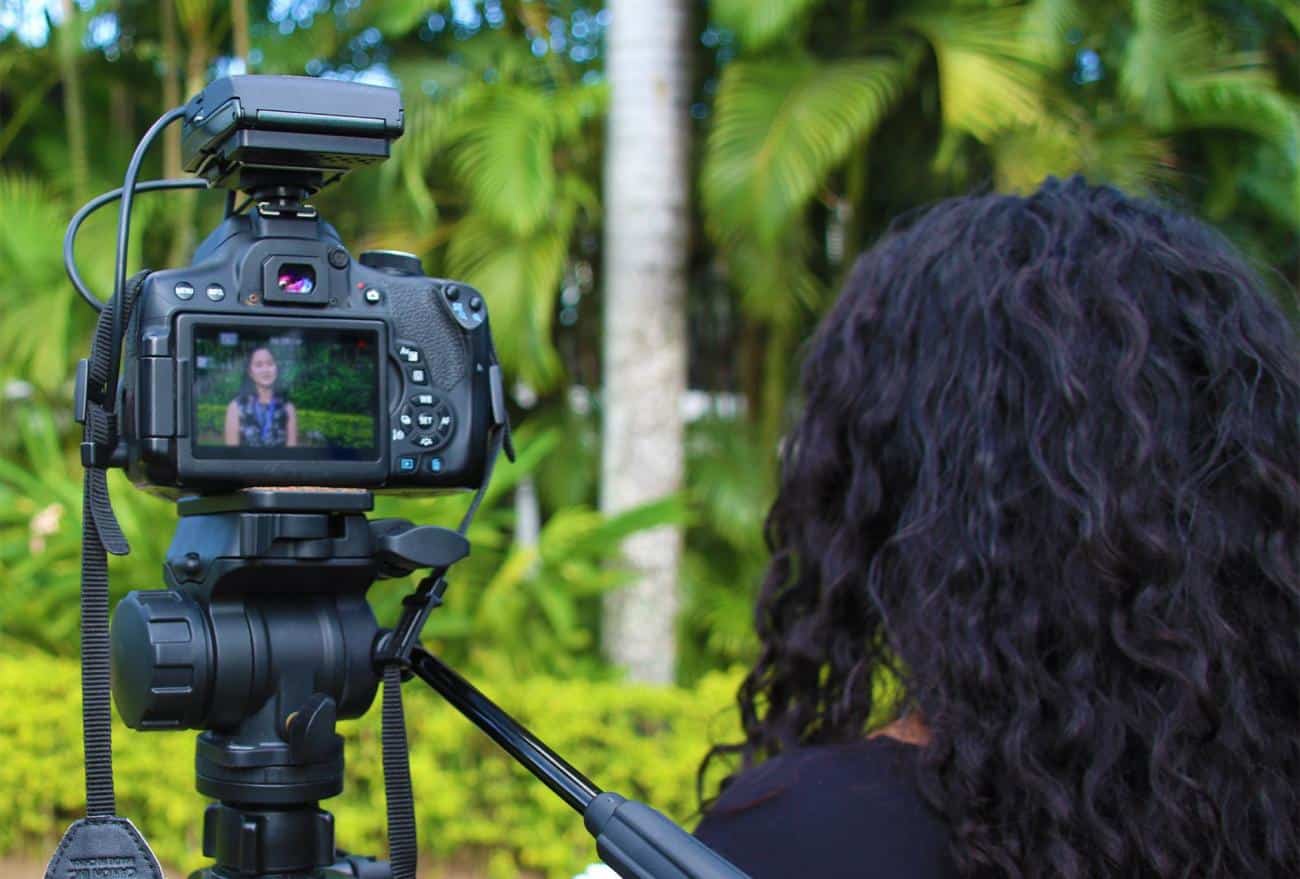Financial constraints are the most formidable challenge to media freedom in the Pacific Islands, according to the Pacific Islands Media Freedom Index (PIMFI) released at the 2024 Pacific Media Summit today.
Robert Iroga, editor of Solomon Business Magazine and Chair of the Pacific Freedom Forum (PFF), said the Index’s launch was “a significant achievement for all Pacific Islands journalists. We must share the realities of our professional lives.”
The PIMFI surveyed 73 journalists, editors, and media workers across 14 Pacific nations, revealing that a staggering 60% of journalists engage in self-censorship out of fear of reprisals from their communities and governments.
“This alarming trend underscores an urgent call for change in a region where inadequate funding often compromises the integrity of reporting and stifles independent media’s potential,” the report suggests.
Palau, Niue, and the Cook Islands emerged as the top three nations for media freedom, while Nauru, Papua New Guinea, and Tuvalu ranked lowest.
The findings exposed a landscape of financial insecurities that make journalists vulnerable to external influences, ultimately diminishing the quality of news reporting in the region.
The report identified social and cultural pressures as the second most significant threat.
Political interference ranked third among the challenges highlighted.
It also highlighted persistent issues such as gender discrimination, nepotism, and a general distrust of media, which collectively hinder journalistic integrity.
Women journalists, in particular, often face harassment and threats, especially online, creating an environment where fear can overshadow freedom of expression.
The PFF recommends that media organisations hold awareness sessions to address conflicts arising from family and gender roles, alongside implementing policies that promote diversity and inclusivity in the workplace.
Respondents expressed concerns over state policies that compromise editorial independence, with many journalists struggling to maintain an unbiased stance amid significant governmental influence.
The report also identified weak legal protections for journalists, citing defamation laws and insufficient legal recourse for crimes against media workers as significant threats to their safety.
To combat these issues, the report calls on governments to strengthen legal frameworks that protect free speech and support whistle-blowers and investigative journalists.
Concerns about journalist safety remain paramount.
The report notes physical assaults, equipment damage, and online harassment that have become increasingly common, raising alarms about the risks faced by those in the field.
The report advocates for the development of comprehensive safety protocols, the provision of security training, and the swift investigation and prosecution of crimes against journalists by both governments and media organisations.
Iroga noted, “We must lead this journey ourselves, as it is our responsibility.”
The PFF is keen on collaborating with Pacific media colleagues to refine and improve the index ahead of the next report in 2025.
